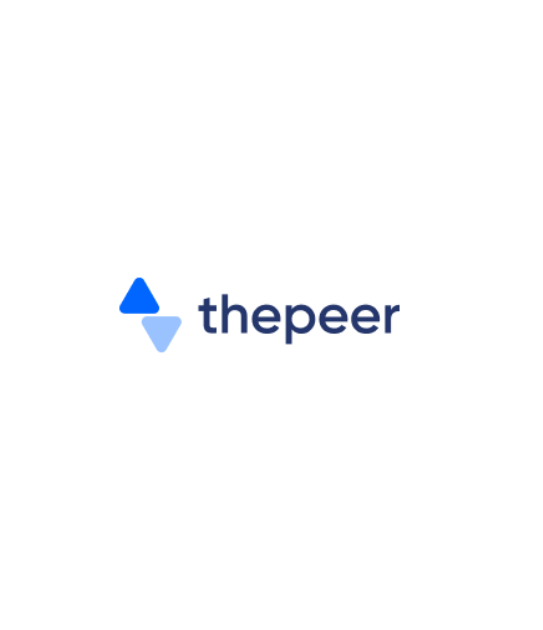Thepeer, API-based Startup Gets $2.1M for Seamless Wallet Transfers between African Businesses

Thepeer, an African tech infrastructure startup facilitating seamless wallet transfers between businesses, has secured $2.1 million in Raba Partnership-led seed round. This comes a year after the startup raised a $220,000 pre-seed round.
Ralil_cap Ventures, BYLD Ventures, Timon Capital, Musha Ventures, Sunu, Uncovered Fund, and African fintech such as Chipper Cash and Stitch also invested in the round.
Kosisochukwu Chike Ononye and Michael Okoh co-founded Thepeer last August in response to the costly and cumbersome movement of money between mobile wallets in Africa.
According to a Disrupt Africa survey, African fintech climbed 17.3 percent from 491 in 2019 to 573 in 2021. Most of this fintech serves both businesses and consumers, providing services such as payments, neo banking, lending, investment, and trading. However, while they offer digital wallets to aid in money transfers, there is a lack of mobile wallet interoperability outside of their ecosystem; moving money from one fintech wallet to another fintech or non-fintech wallet (in the case of an embedded finance play) is difficult.
“Today, approximately 600 fintech operate across the continent, most of which operate siloed wallets.” Our goal is to enable connections and payments from any wallet. “We are developing an operating system to enable businesses to provide additional services to their clients,” said Ononye.
Thepeer offers a range of business and customer-facing tools to help organizations and their customers move money seamlessly. For example, direct Charge enables clients of various companies to fund their wallets from other industries; Checkout lets users pay for things online from any store that accepts Thepeer payment.
Its most recent product, Send, released three months ago, allows businesses to send and receive money from one another using a dashboard. Thepeer claims that since the debut of Send, its monthly transaction volume has increased 65 times to reach double-digit million dollars. The company also stated that it had had an average MoM transaction growth of 161 percent since its inception in August 2021 through Q1-22.
According to Ononye, the firm generates income by charging users 0.5 percent (limited at 2,000) for Direct Charge and Checkout transactions and companies $0.01 for each customer transaction. Thepeer also stated that its infrastructure is used by Eversend, a cross-border wallet, and Nguvu Health, a teletherapy company.
In a statement, Joshua Koya, Nguvu Health’s co-founder, and CEO said, “One fantastic aspect of Thepeer is that it has made it easier for people to pay for therapy using the Nguvu Health app, making it easy and affordable for Africans to get therapy through their smartphones.” In addition, with Thepeer’s connectivity with various fintech wallets, our consumers now have more options for paying for therapy.”
In a statement, the founder of George Rzepecki Raba Partnership said, “The opportunity that Thepeer is addressing reminded us of the fragmented card and mobile money payments ecosystem Flutterwave recognized six years ago.” Today, as consumer and B2B fintechs proliferate across Africa, Thepeer is constructing a core API-based payments layer via which fintechs may enable money movement natively from within their wallets and apps.”
Thepeer, which is currently only available in Nigeria, will spread to other African countries such as Kenya, South Africa, and Egypt. According to Onoye, the business plans to add more functionality and wallets in other currencies (its current platform only supports Naira wallets), hire more people, and invest in product development. “Our focus continues to be on product innovation and helping our customers that operate across several geographies,” he said.
